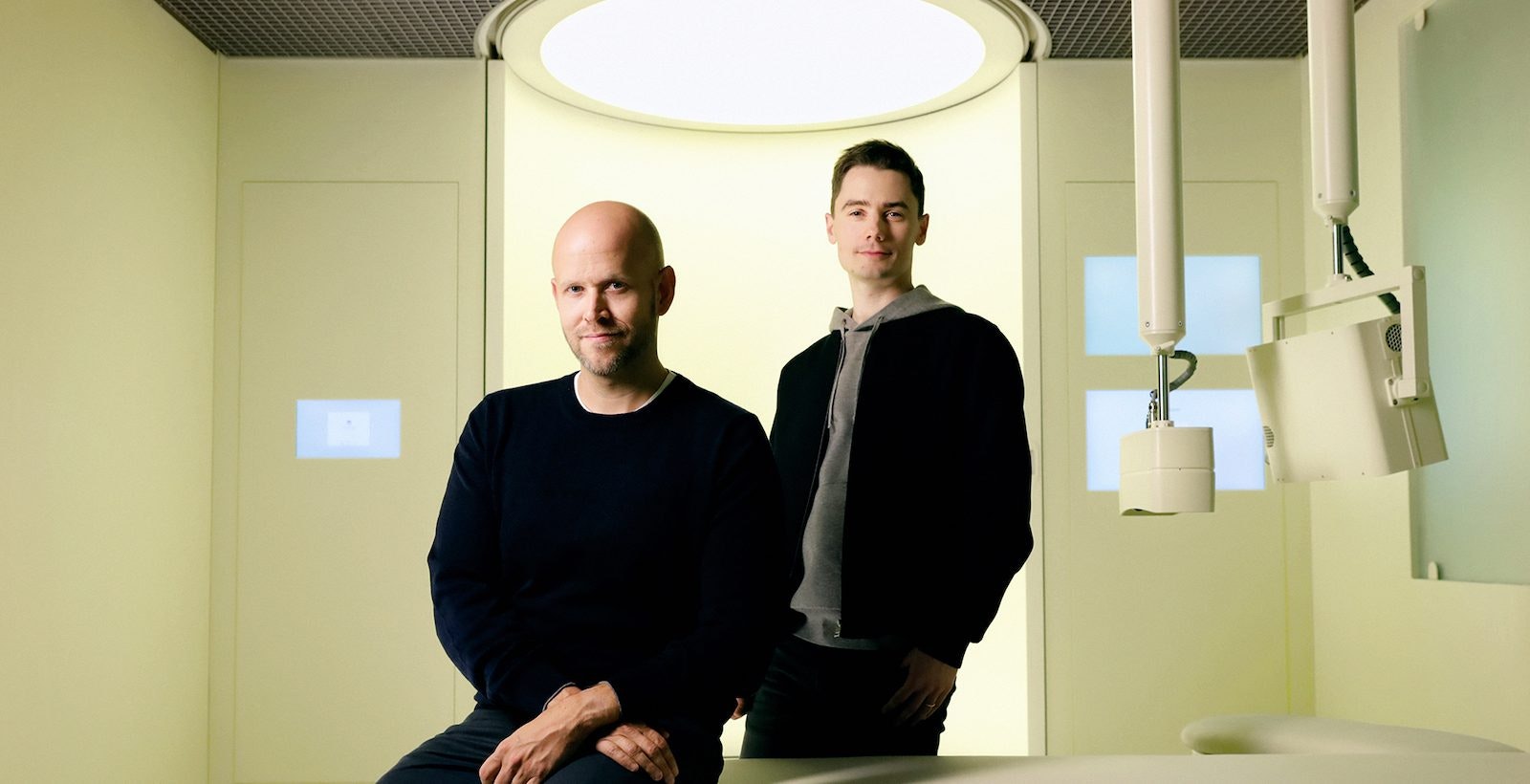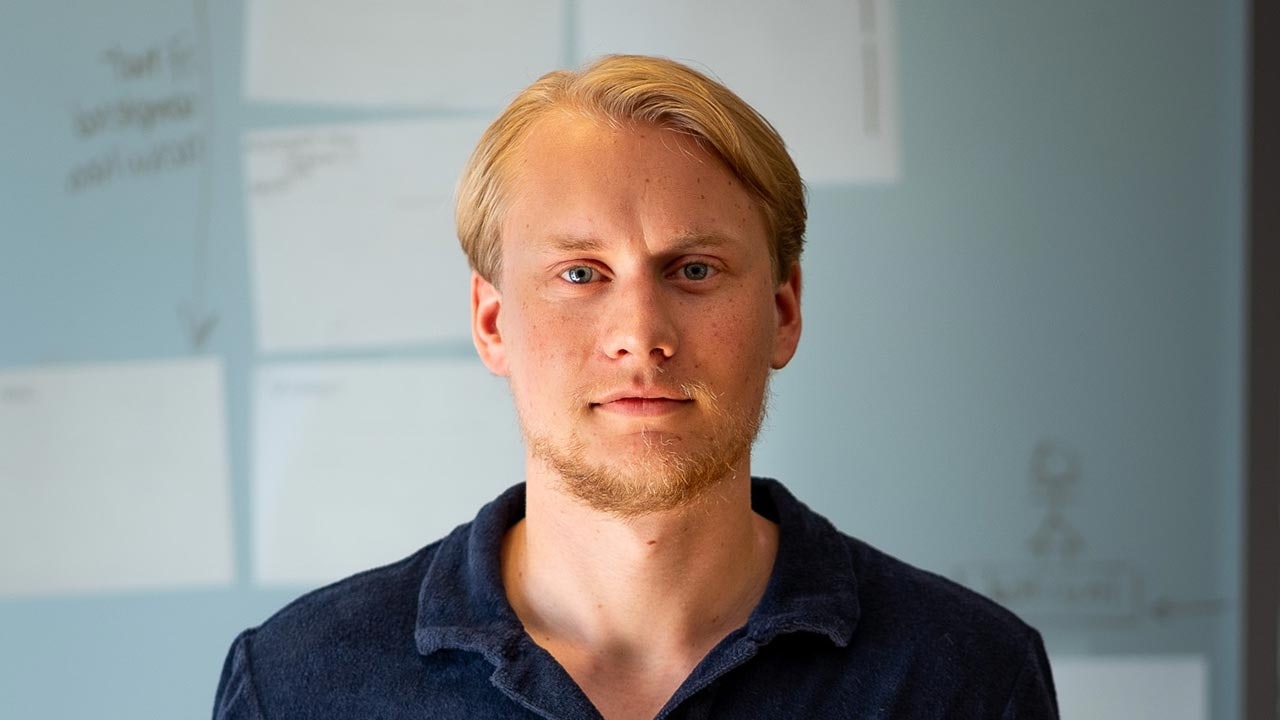The US has gone bananas for weight-loss drugs — and now startups are hoping to bring them to Europe too.
Copenhagen-based Embla, a digital “weight management clinic”, has just raised a €10m Series A to conquer the British market.
The drugs being used to help people lose weight — GLP-1 medications — have traditionally been used to treat diabetes. Now, 15% of Americans have personally used one of the best-known GLP-1 medications, Ozempic, for weight loss, while 47% know someone who has. It’s gone viral on social media, with celebrities like Elon Musk and Amy Schumer amongst its users.
European medicine regulators have been more cautious — but weight-loss drugs are making their way into European markets too. Wegovy, which has the same composition as Ozempic but is produced specifically for weight loss, has already been approved in Denmark, Norway and Germany, while Saxenda, which is based on another medication but has a similar effect, is even more widely available.
But Embla’s founders, medical doctor Nicholas Syhler and serial entrepreneur Laust Wilster Axelsen, insist that their app is much more than an Ozempic-vendor.
What does Embla do?
Syhler and Wilster Axelsen call their app “a weight management clinic”. Embla offers digital access to doctors and nurses, and regular check-ins with personalised “health coaches”. The idea is that they help users discover “root causes” of their disease — be it mental, nutritional or exercise issues — and change their daily habits.
The app’s doctors also prescribe and monitor the dosage of GLP-1 drugs — Ozempic, Saxenda and Wegovy, all produced by the Danish pharmaceutical giant Novo Nordisk. In the UK, the startup also delivers the medication.
“We don't just follow the standard dosage, we personalise the dose,” says Syhler. “We have a titration algorithm that allows us to figure out what is the exact right dose for you. We only give you the help needed to lose one or two pounds per week, which is a healthy rate of weight loss.”
Anyone can access the app but only eligible patients can get medical treatment — they must have a BMI above 30, can’t be pregnant or alcohol or drug addicts. Every person is thoroughly screened by a nurse and a medical doctor before starting any treatment, the company says.
A monthly subscription to the programme, which includes the medication, costs £249; the non-medication weight management programme costs £34.50.
Founded in 2021, Embla operates in Denmark and in the UK. It has more than 50 employees in both countries.
What’s the market like?
More than half of the global population — 51%, or more than 4bn people — will have obesity by 2035, according to the World Obesity Atlas. That means more people suffering from high blood pressure, heart attacks and diabetes.
Despite this, obesity was considered a consequence of a lifestyle choice, rather than a disease, for a long time — and as a result, it was rarely treated with medicines. Many doctors claim that the GLP-1 drugs, combined with lifestyle changes, could be a gamechanger for public health.
But Embla is playing in a challenging market.
The first challenge is regulatory. We still don’t know much about the drugs’ potential side effects: some users are already complaining about, for example, excessive vomiting. The European Medicine Agency and the UK’s Medicines and Healthcare products Regulatory Agency have also started reviewing a potential link between such drugs and suicidal thoughts.
Axelsen says that investigating side effects is “important” and that the startup “logs and reports side effects as regulated by law”.
“Often side effects are correlated to medication dose, and since we use around 60% less medication than standard guidelines, our members experience very few side effects,” he says, adding that all of Embla’s customers are informed about potential side effects before beginning any medical treatment.
The growing popularity of GLP-1 drugs has also caused shortages of the medicine, which is impacting people using it to treat diabetes. As a result, the UK authorities have recently instructed all weight-loss clinics to stop admitting new patients temporarily.
The other challenge is competition. There are dozens of fitness and diet apps in Europe and elsewhere — and there are more and more startups, especially in the US, which are offering GLP-1 drugs. US-based Calibrate raised a $100m Series B in 2021 from Tiger Global and US telehealth giant Ro, and offers a similar weight loss coaching and medication scheme.
But Axelsen says that while plenty of companies “do elements of what we do”, none of Embla’s competitors are offering everything that its app does: different variants of coaching, the medication and the support of AI.
Who has invested in Embla?
New investors:
- Seed Capital, a Danish early-stage VC
- Inovo, a Polish early-stage VC
Existing investors:
- Crowberry Capital, an Icelandic early-stage VC
- VentureFriends, a Greek early-stage VC
- Founders, a Danish early-stage VC
What will Embla do with the funding?
Embla will spend its fresh €10m investment on the rollout of its app in the UK. It says it will also work on new AI features to help customise treatments, with plans to prepare its expansion to the US.
It wants to hire 20-30 employees in 2024.


